秒杀: a Chinese slang term for “seckilling”
"秒 (miǎo)" means "second," as in the unit of time, and "杀 (shā)" is a verb which means "to kill." Combining them, "秒杀 (miǎoshā)" is translated literally as "one-second kill." When it comes to shopping, "秒杀 (miǎoshā)" means "seckill".
Read MoreStories of three foreign Chinese learners
Chinese fever is sweeping all over the world. Statistics show that there had been more than 100 million Chinese learners in the world by March 2014.
Read More4 common ways to express “latest” in Chinese
Chinese has a number of words that translate to "latest". This post aims to help demonstrate the difference between four of the most common ways.
Read More11 reasons why you might consider working in China
China might seem like a daunting place for people looking to move abroad and here are 11 excellent reasons to consider working in China.
Read MoreIs there any “暖男” around you?
In Chinese, “暖男” refers to a man who makes others feel warm just like the sunshine in the morning.
Read MoreHow to talk about hobbies in Chinese
This article is about a few alternative questions and answers that sound more natural to native-speaking ears when you are talking about hobbies with them.
Read MoreChinese slang term: 你懂的
"你懂的 (nǐ dǒng de)" has become a popular expression when two people share a mutual comprehension of a time or feeling. The phrase simply means, "you really do understand," mixed with the French mood of "c'est la vie!"
Read MoreLiam Bates: owner of a startup for environmental protection in China
Liam has been in China for almost 11 years. He is an owner of a start-up company that focuses on improving the environment via smart devices. This is his story.
Read MoreDunhuang caves: 1,000 years of Buddhist art in China (2)
The most splendid cave art was produced during the height of the early Tang dynasty from roughly 618 to 718, a period when the statues and mural paintings were the most sumptuous.
Read More4 functions of “之” in classical Chinese
If you look at a Literary Chinese text, you'll almost certainly see the character 之 (zhī) all over the place. This character has four main functions in the classical language.
Read More
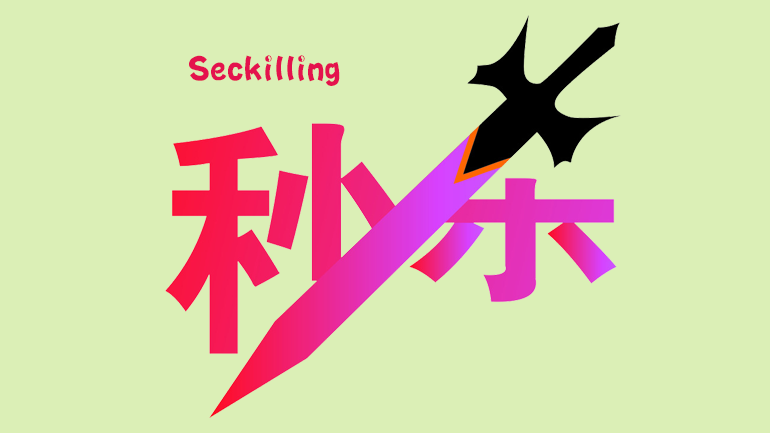

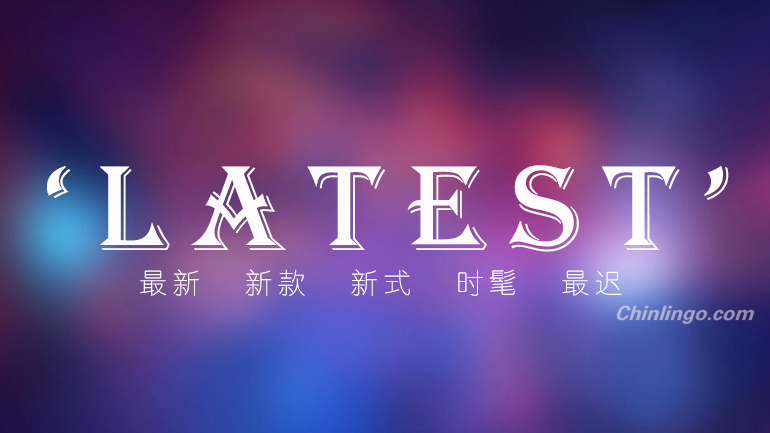

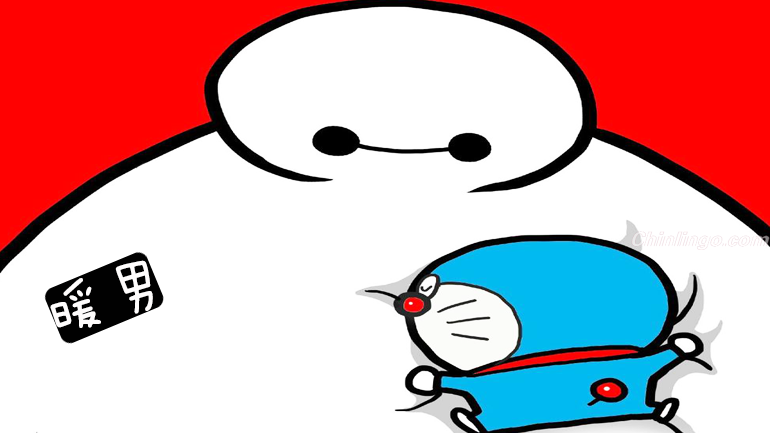
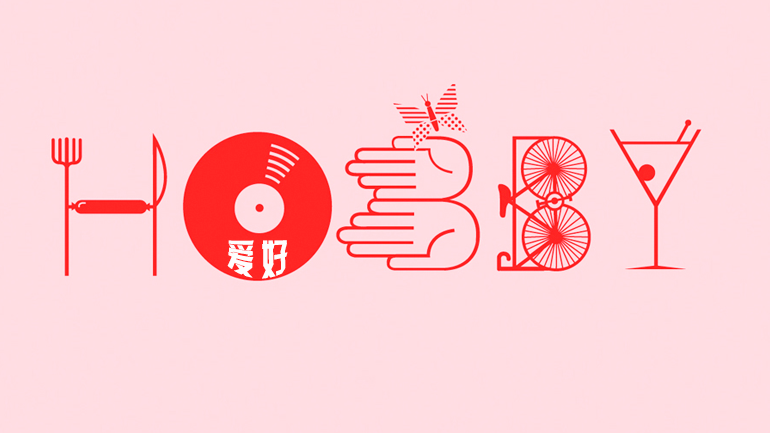
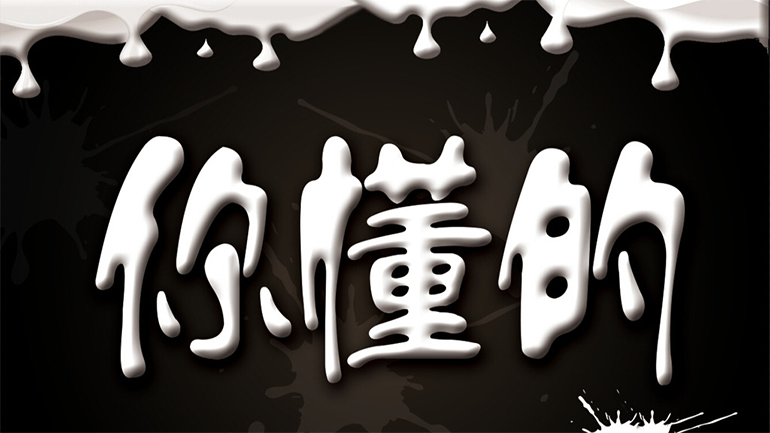

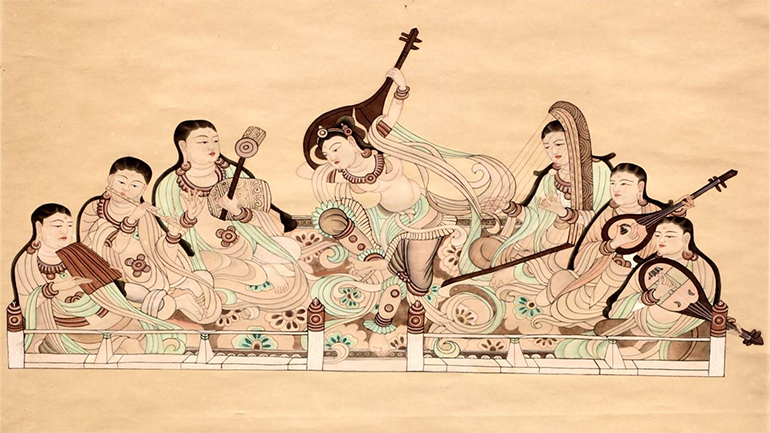
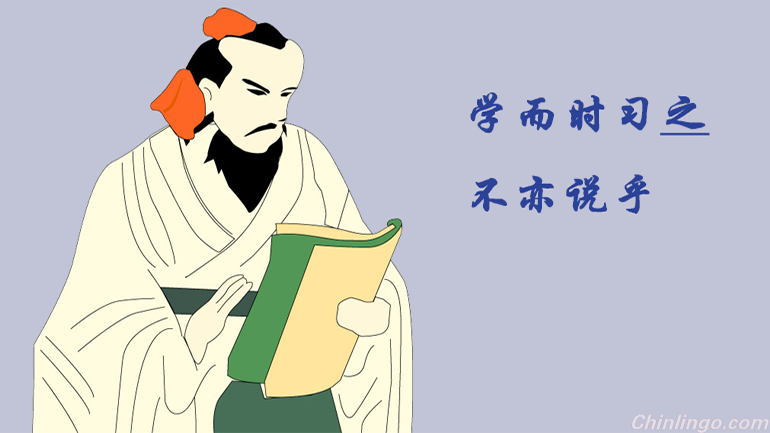


 闽公网安备 35020302035673号
闽公网安备 35020302035673号